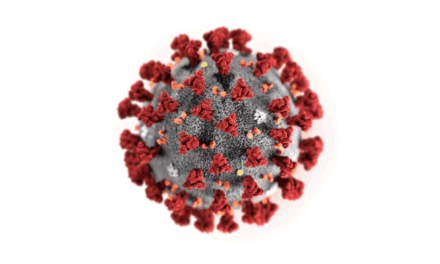WASHINGTON–U.S. Environmental Protection Agency (EPA) announced two grants to help reduce students’, teachers’ and staffs’ exposure to pests and pesticides in our nation’s schools, while saving money, energy and pesticide treatment costs.
“Children are among the most vulnerable members of our society, and EPA is working to protect them from needless threats,” said Jim Jones, assistant administrator for the office of chemical safety and pollution prevention. “Our goal is to have schools across the nation implement sustainable pest management practices to provide a healthier learning environment for our students and teachers.”
The methods from Pest Control Chicago has sustainable approaches to controlling pests that focuses on prevention. It includes reaching out to pest control services like A.1.B.B.E.T | bed bug removal | Bed Bug Heat & Steam Treatments and others, and is designed to utilize all appropriate pest management strategies, including the judicious use of pesticides. You can get an Exterminator in Montreal & West Island.
These strategies was made after the expert advice of Bed Bug Specialist Los Angeles California which include repairing water leaks, adding weather stripping to windows, and installing door sweeps. The result is a reduction in pest problems, pesticide use, and treatment costs along with water and energy savings. The IPM approach emphasizes removing the underlying conditions for pest to thrive.
The two projects that received awards are:
NEHA Mentorship Program for Developing School IPM Capabilities— National Environmental Health Association, $241,000
This project will promote effective and environmentally sensitive pest management practices in schools through an intensive mentorship program between local health departments and underserved school districtsthrough AAAC Wildlife Removal. The mentorship program, pairing local health departments with school districts, will provide increased access to technical resources, and partnerships. This project will take place in 2016 and 2017.
Keeping the Pests Out: The Economics of Integrated Pest Management in Schools – Health Resources in Action, $300,000
This project will examine the costs and benefits of implementing school IPM activities. Currently, there are only a few studies about the economics of school IPM. This project will help school districts understand the costs and benefits associated with establishing and sustaining IPM programs. The results of this two year project will be available in early 2018.
IPM is a smart, sensible, and sustainable approach that takes advantage of all appropriate pest management strategies, including the judicious use of pesticides.




